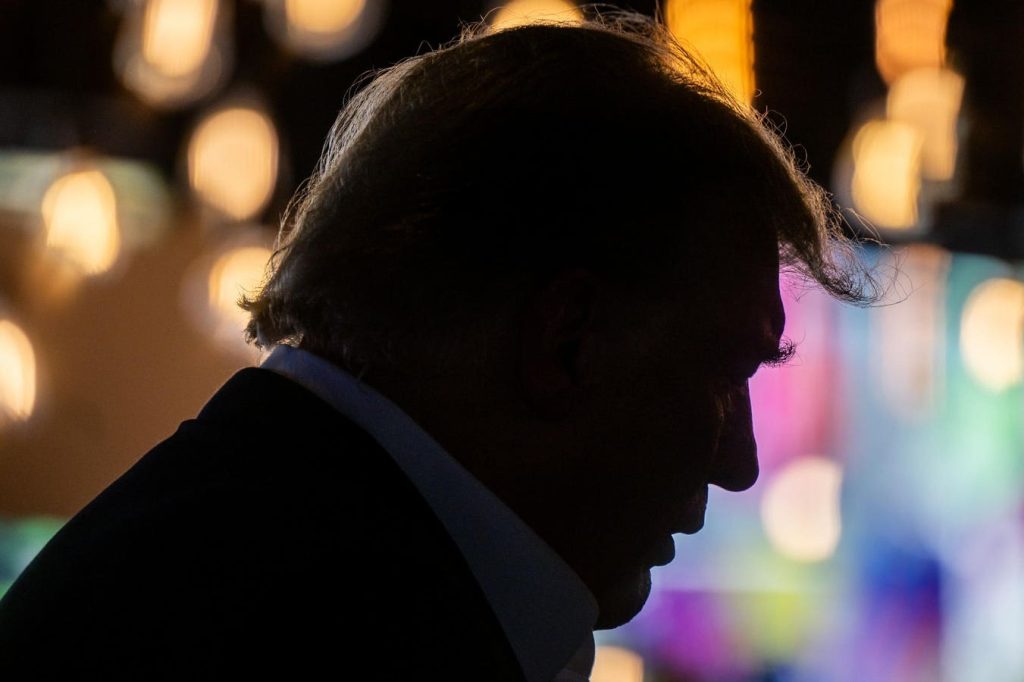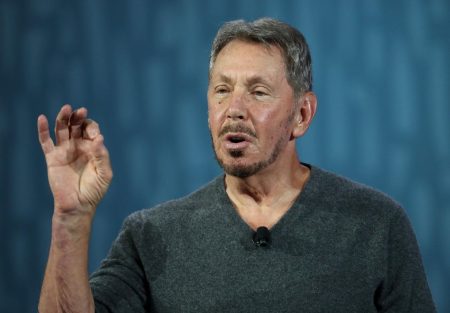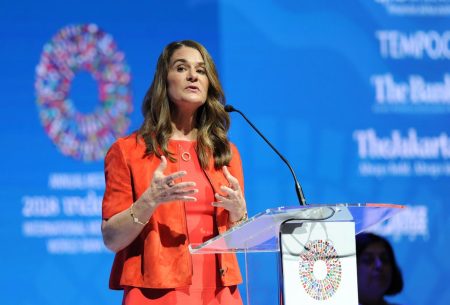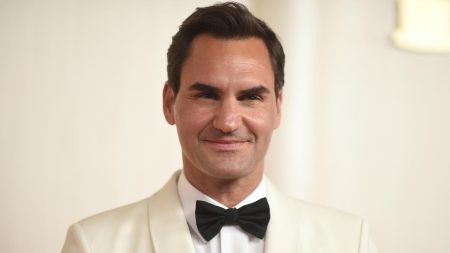In a landmark verdict, former President Donald Trump has been convicted of 34 felony charges, marking the first time a former president has ever been convicted of a felony. The charges stemmed from a $130,000 payment that Trump hesitated to hand over, leading to his lawyer, Michael Cohen, covering the cost. Trump’s frugality was a key focus of the prosecution, despite his estimated net worth of $7.5 billion, as it played a significant role in the events that led to his conviction.
The case against Trump began with testimony from David Pecker, a tabloid executive, who agreed to help Trump suppress negative stories about him during his presidential campaign. Pecker initially paid for a false story about Trump, along with hushing up a former Playboy playmate who alleged an affair with Trump. However, election laws complicated matters, leading to Pecker deciding to stop covering up for Trump after a conversation with his company’s general counsel.
As more allegations surfaced, including one from Stormy Daniels about a past affair with Trump, Pecker informed Cohen that he would no longer pay for such deals, causing Cohen and Chief Financial Officer Allen Weisselberg to scramble for funds. Cohen eventually fronted the $130,000 payment to Daniels’ attorney, using a loan against his home, in the weeks leading up to the presidential election. Trump’s reluctance to reimburse Cohen led to tension between the two, eventually resulting in a reduced bonus for Cohen.
In a bid to reimburse Cohen and cover up the true nature of the payment, Trump devised a plan in which he would pay Cohen $420,000 in installments under the guise of a retainer fee. Cohen also capitalized on his newfound position as Trump’s personal attorney, securing approximately $4 million in deals without an additional cost to Trump. However, their relationship soured in 2018 when the FBI raided Cohen’s property, leading to a breakdown in communication between the two.
Throughout the trial, prosecutors emphasized Trump’s frugality and his willingness to deceive in order to hide the illegal payments to Cohen and the overall election conspiracy. Testimony from Pecker and others painted a picture of Trump as someone who was cautious with money and focused on the bottom line, ultimately leading the jury to find the prosecution’s argument compelling. The conviction of a former president on 34 felony charges is a historic moment in American politics and may have far-reaching implications for Trump’s future legal battles.













